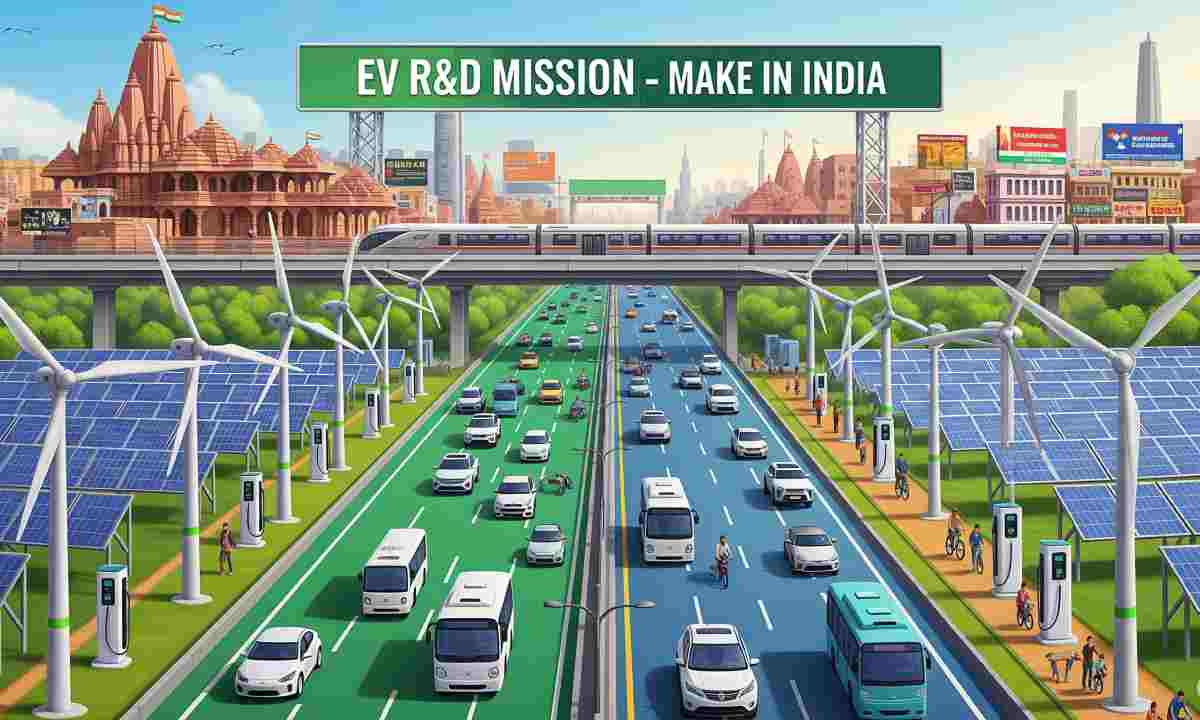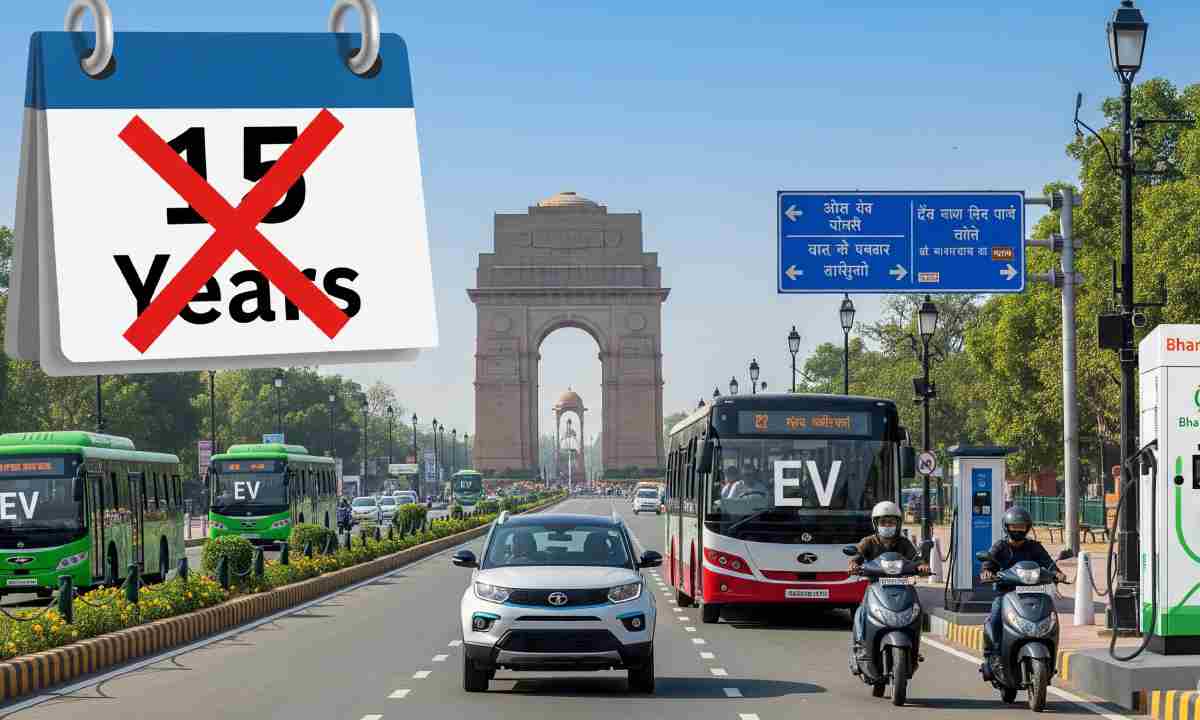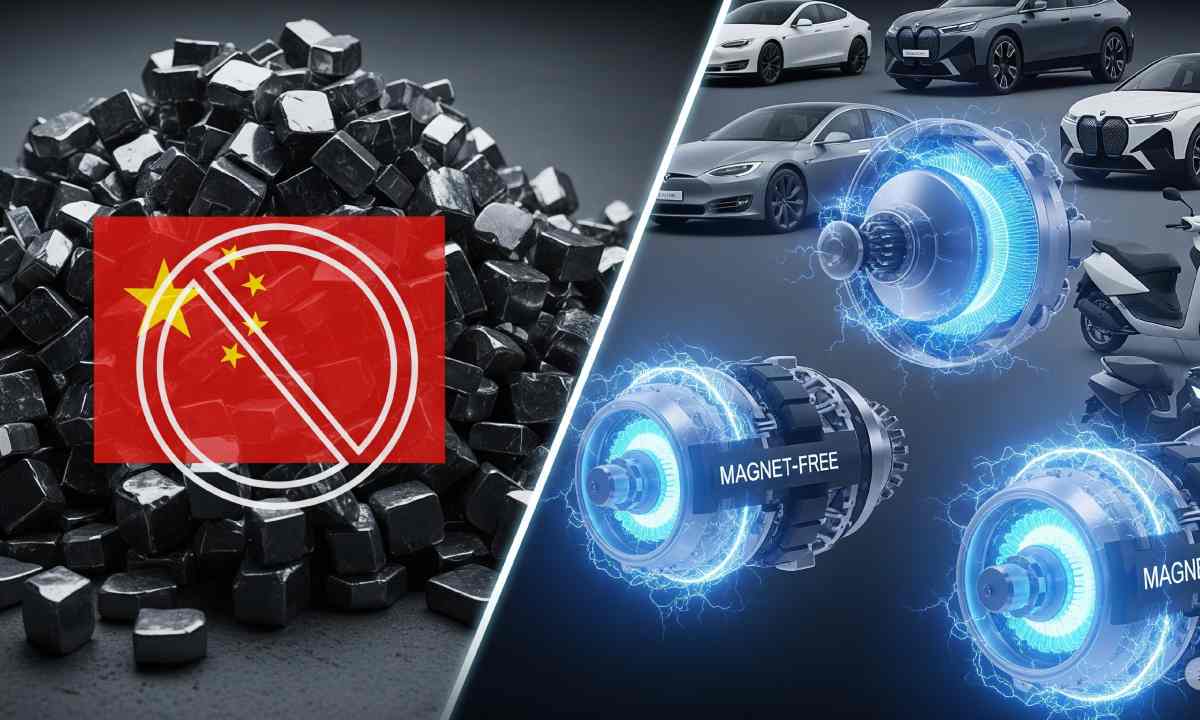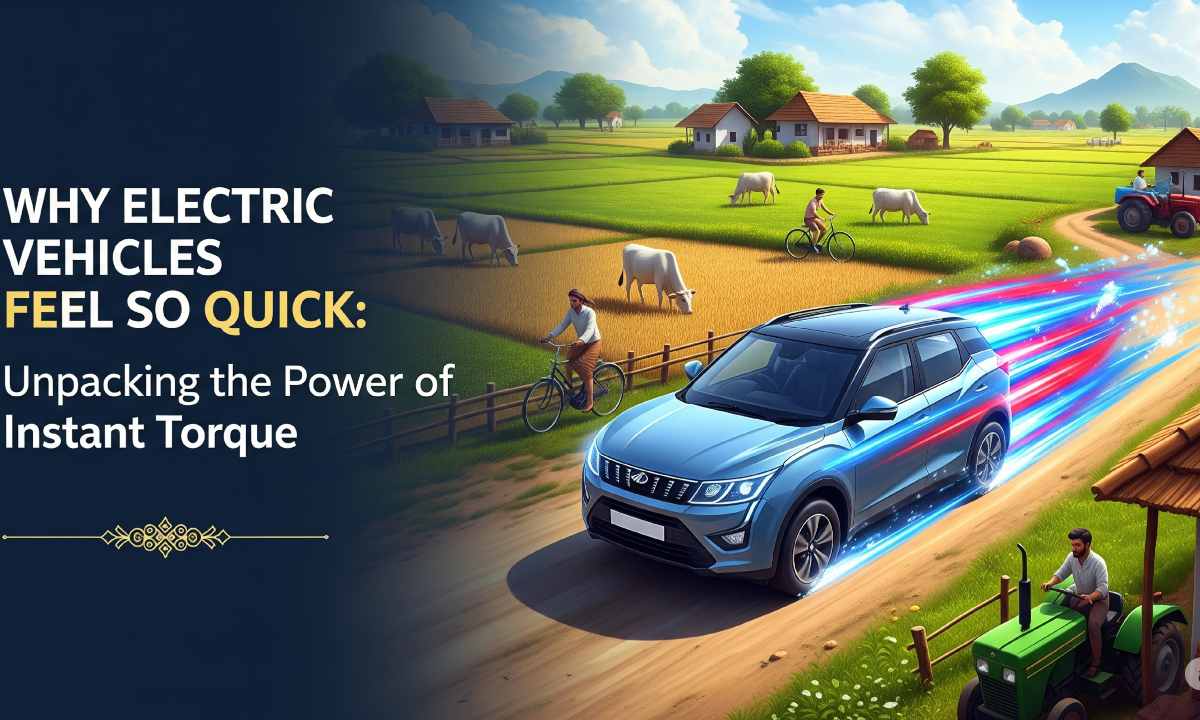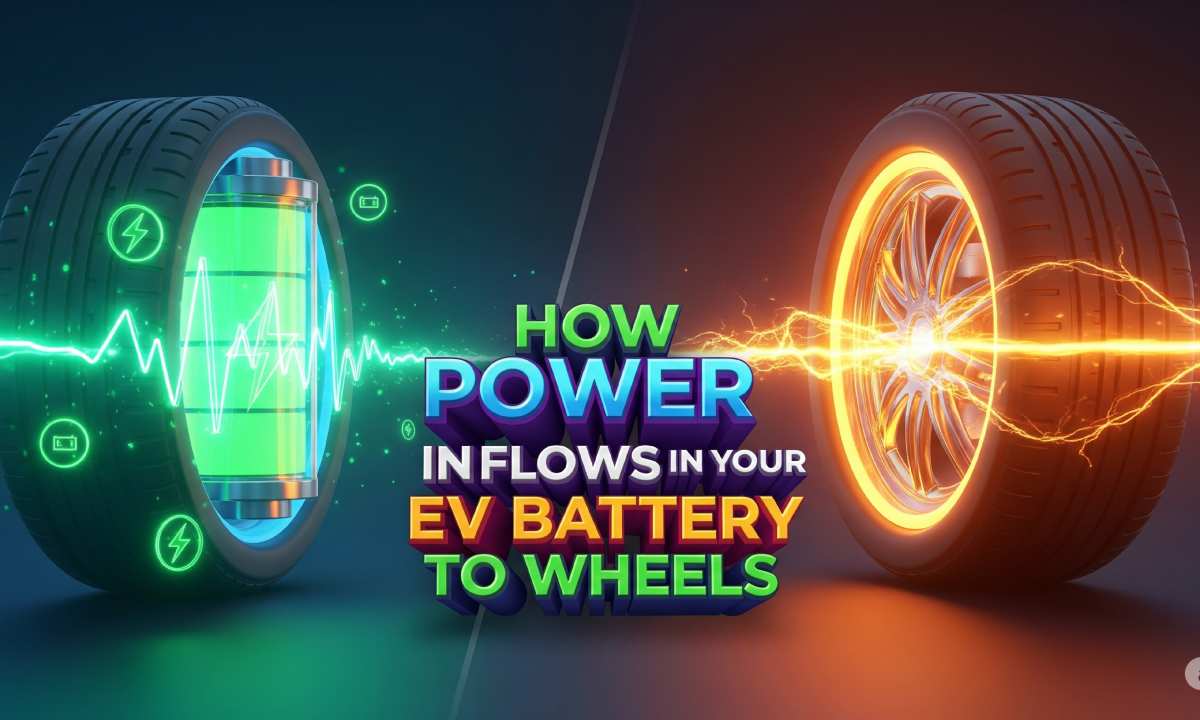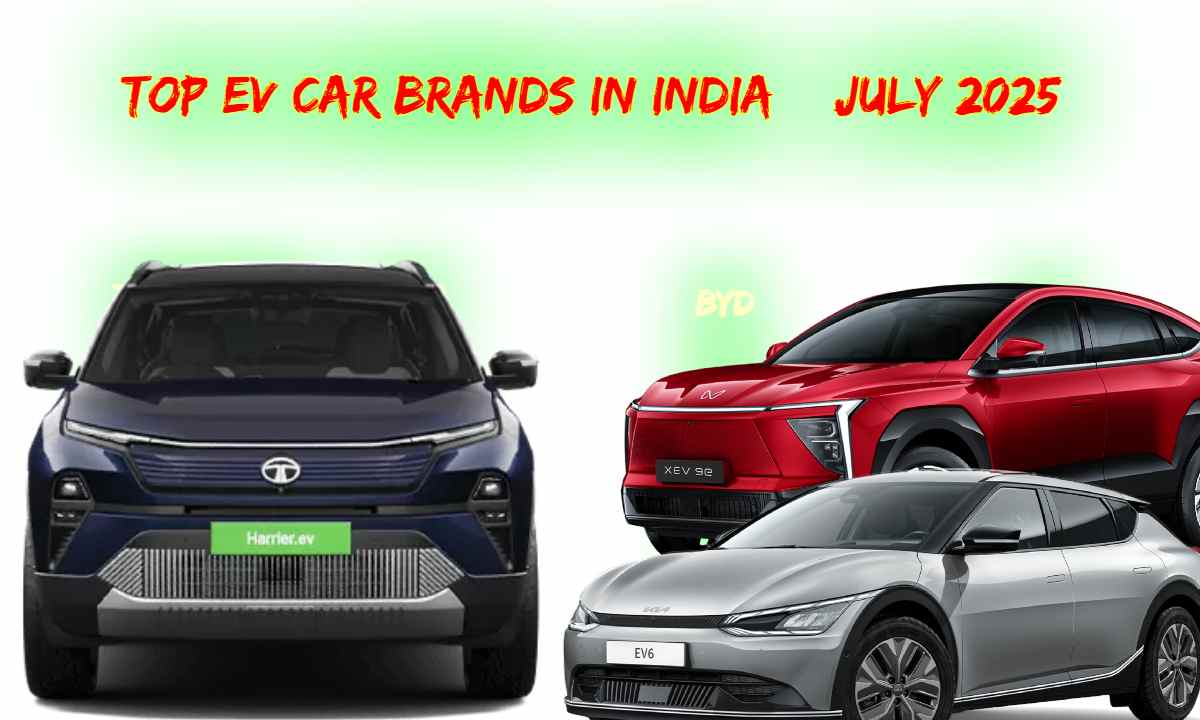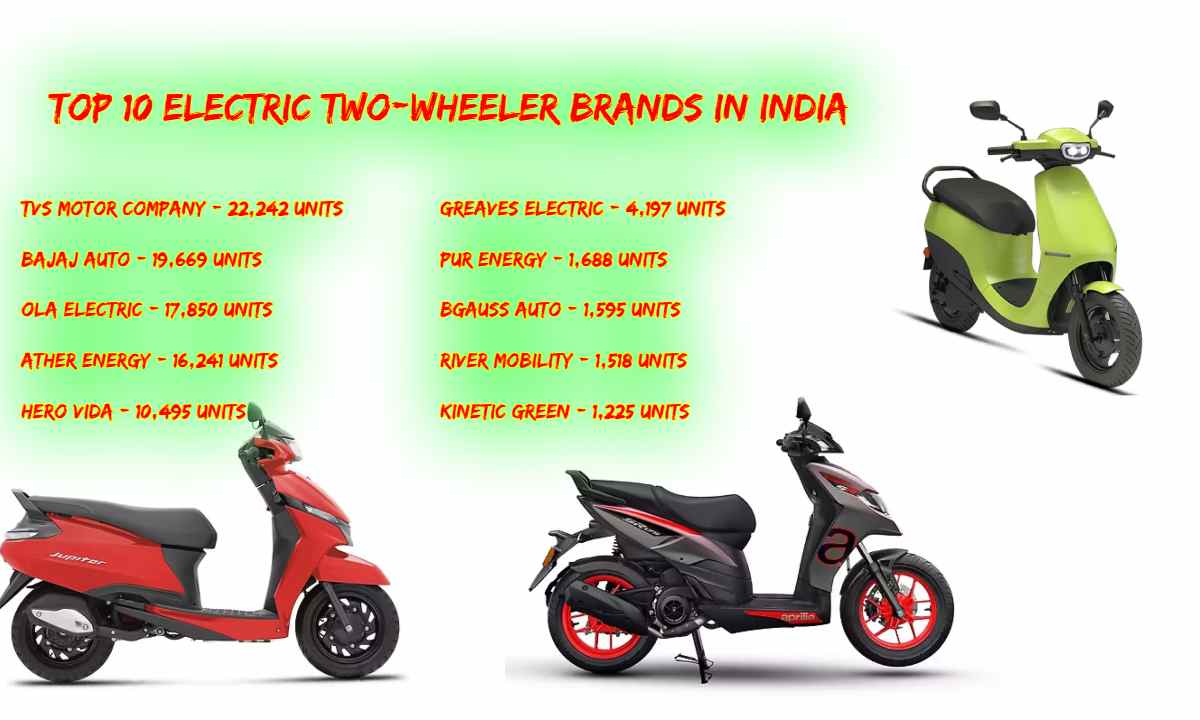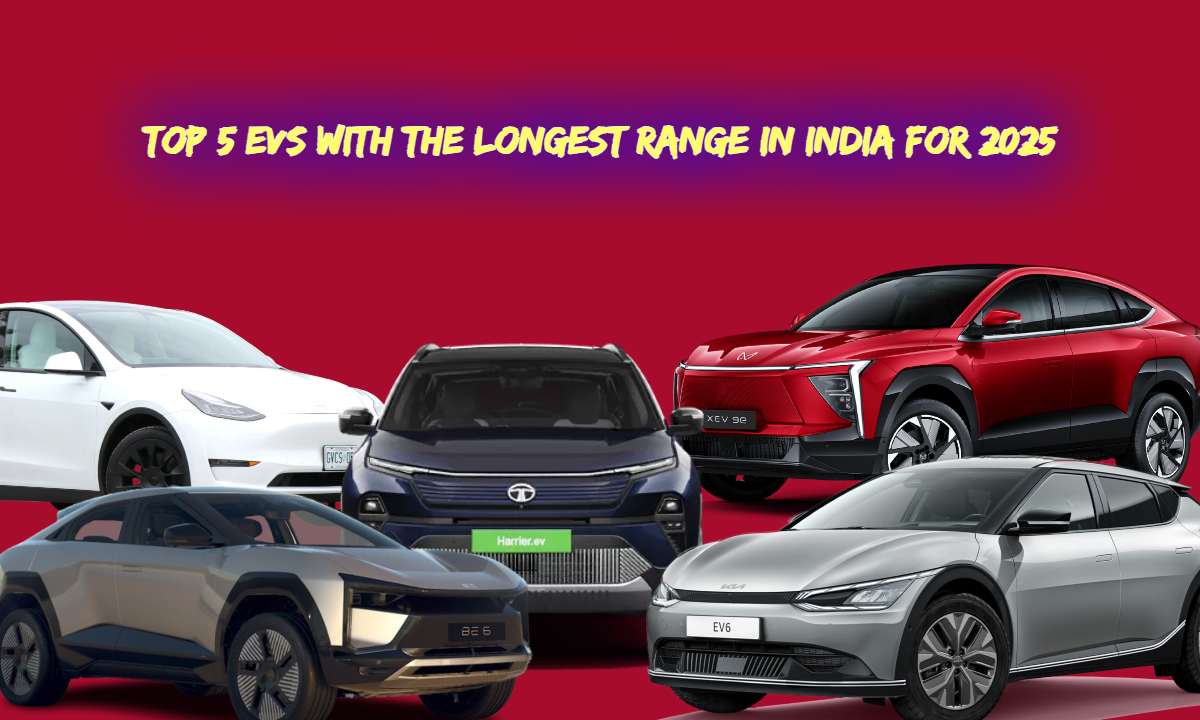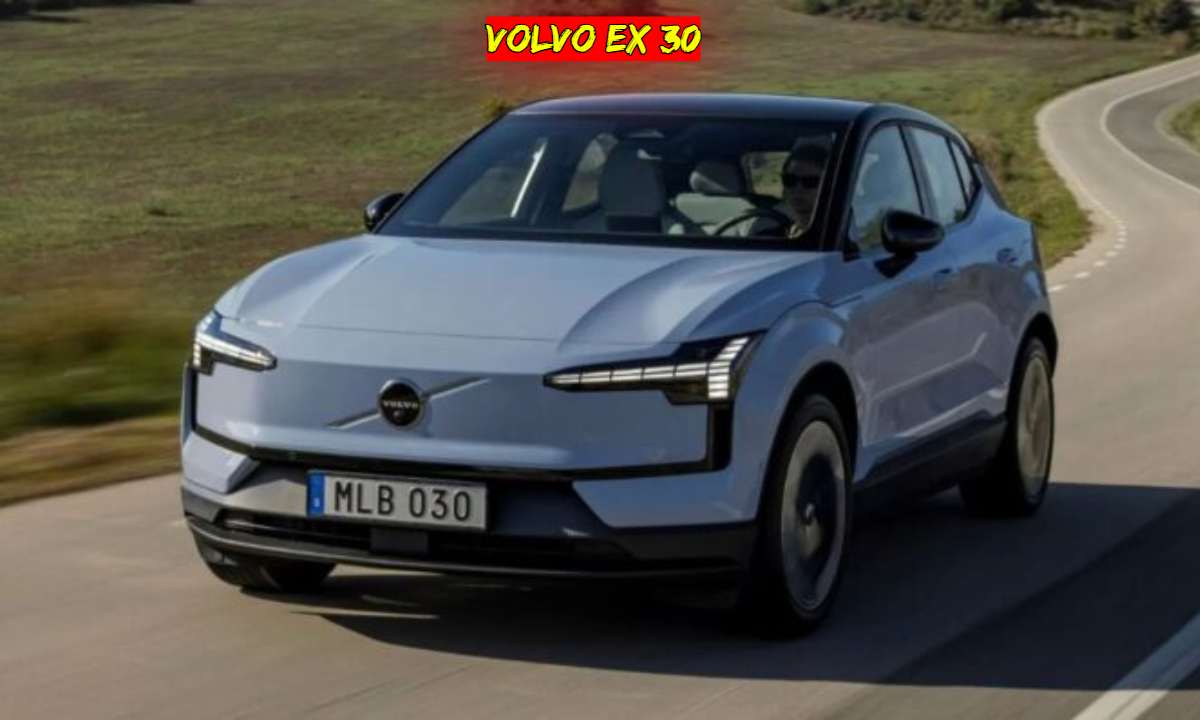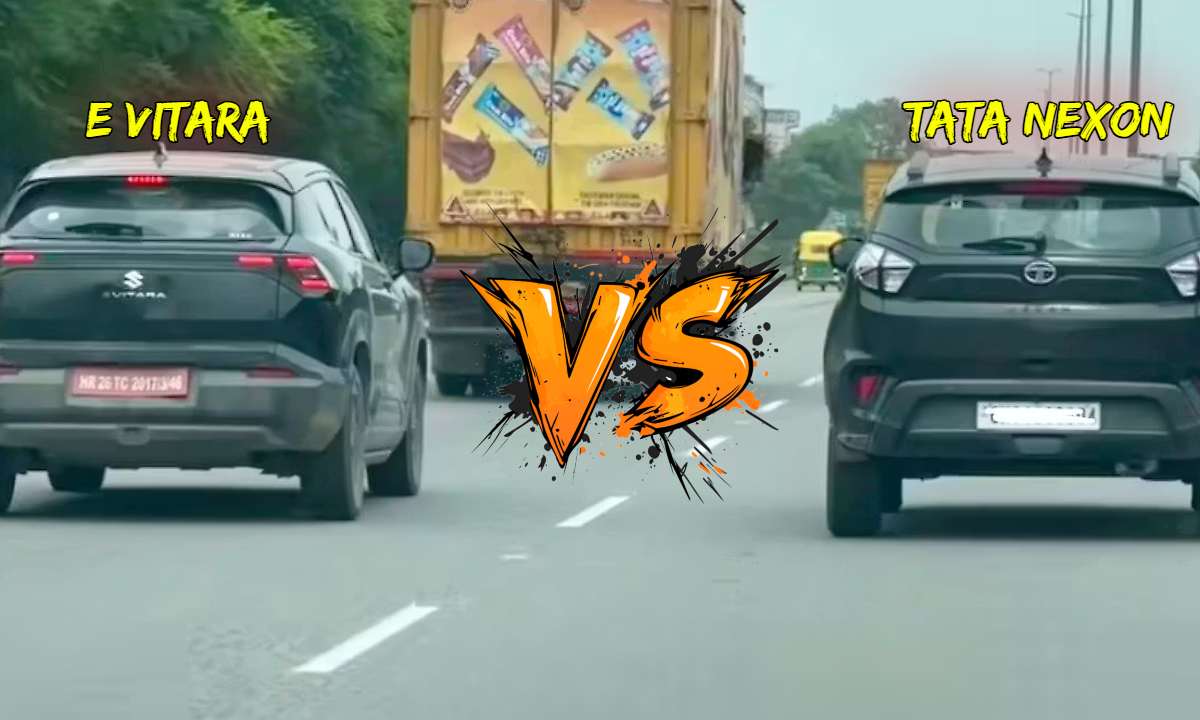In a big push towards self-reliance in the electric vehicle (EV) space, the Indian government has shortlisted 18 research and development (R&D) proposals focused on developing key EV components that are currently mostly imported. These projects aim to strengthen domestic manufacturing of EV subsystems and reduce dependence on foreign suppliers.
The shortlisted proposals will be executed through a collaborative effort involving industry players, academic institutions, and the government. A final decision on which proposals will receive funding and support will be taken after evaluation by a panel of officials from the Ministry of Heavy Industries (MHI) and the Ministry of Electronics and Information Technology (MeitY).
What’s Being Developed?
According to a senior government official, the proposals under review include advanced technologies like:
-
Wireless EV chargers
-
Powertrains
-
Traction motors
“These are critical components for electric vehicles, and the focus is on identifying which of them should be prioritised for localisation,” the official said, speaking on condition of anonymity.
How the Selection Process Works
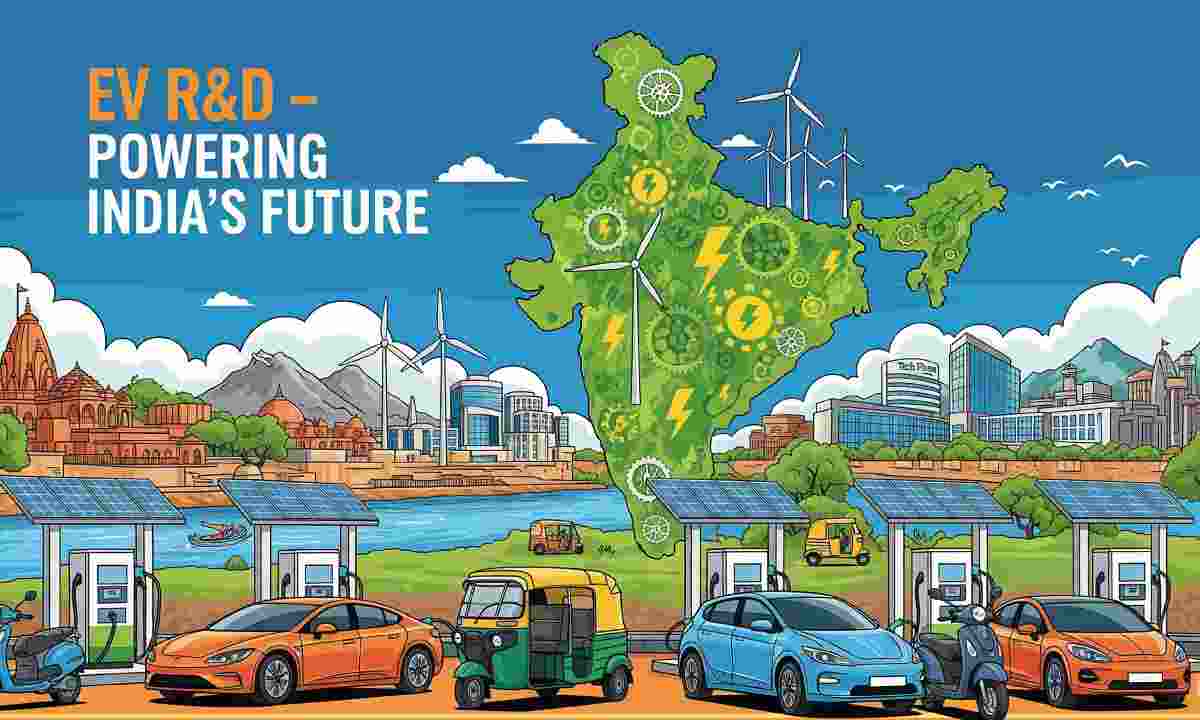
These proposals were submitted in response to a joint call for proposals made by the MHI and MeitY in October 2024. To qualify, the projects must be at Technology Readiness Level (TRL) 7 or higher—meaning they are close to being manufacturing-ready and need only limited development before hitting the market.
-
Projects must be developed in consortium mode with at least 20% upfront cash contribution from an industry partner.
-
The government is only considering projects that could result in the development of a prototype or device ready for commercialisation.
-
Basic R&D projects that only lead to research papers or academic output will not be eligible for funding.
Who Gets the Tech?
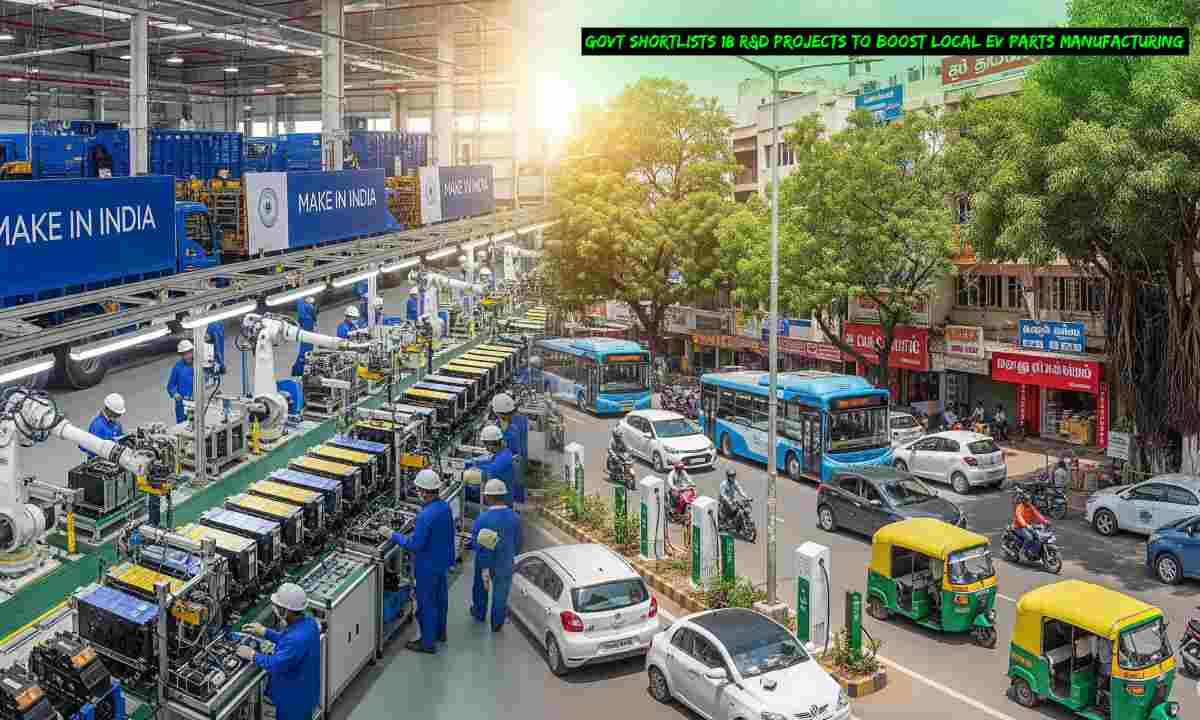
Once developed, the technology will be made available to Indian companies on a non-exclusive basis, so multiple businesses can benefit from the innovations.
However, if a company contributes more than 50% of the total project cost—whether in cash or kind—and plays a major role in development, the government may offer them exclusive rights to use the technology.
Timelines and Expectations
The maximum duration for each project, including product development, field testing, and commercial rollout, is expected to be up to 36 months (three years).
With this initiative, the government is targeting real-world outcomes, not just research for the sake of research. The focus is firmly on creating market-ready EV subsystems that can be manufactured in India and scaled commercially.
Why It Matters
India’s EV sector is growing rapidly, but many critical parts like powertrains, chargers, and control systems are still heavily imported. By encouraging homegrown innovation, the government hopes to build a stronger EV supply chain and support the larger goal of making India a global EV manufacturing hub.
This move also aligns with India’s broader push to achieve its green mobility targets, improve energy security, and generate high-tech jobs through the “Make in India” and “Atmanirbhar Bharat” initiatives.

